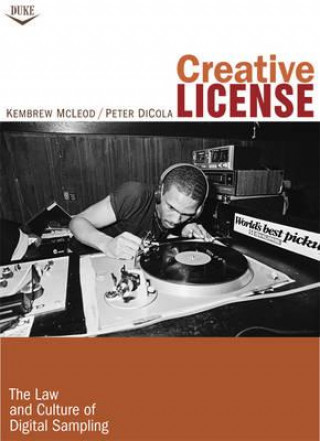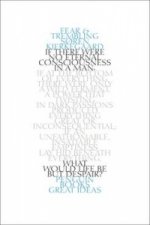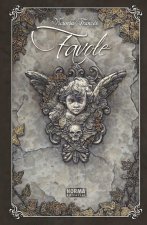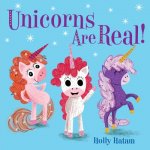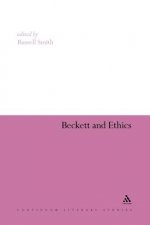
Delivery
Shopping guide





Doesn't suit? No problem! You can return within 30 days
 Gift voucher
any value
Gift voucher
any value
You won't go wrong with a gift voucher. The gift recipient can choose anything from our offer.
Creative License
 English
English
 339 b
339 b
 Delivery to Austria
Delivery to Austria
30-day return policy
You might also be interested in


How did the Depression-era folk-song collector Alan Lomax end up with a song-writing credit on Jay-Z's song "Takeover"? Why doesn't Clyde Stubblefield, the primary drummer on James Brown recordings from the late 1960s, including "Funky Drummer" and "Cold Sweat," get paid for other musicians' frequent use of the beats he performed on those songs? The music industry's approach to digital samplingoincorporating snippets of existing recordings into new onesoholds the answers. Exploring the complexities and contradictions in how samples are licensed, Kembrew McLeod and Peter DiCola interviewed more than 100 musicians, managers, lawyers, industry professionals, journalists, and scholars. Based on those interviews, Creative License puts digital sampling into historical, cultural, and legal context. It describes hip-hop during its sample-heavy golden age in the 1980s and early 1990s; the lawsuits that shaped U.S. copyright law on sampling; and the labyrinthine licensing process that musicians must now navigate. The authors argue that the current system for licensing samples is inefficient and limits creativity. For instance, by estimating the present-day licensing fees for the Beastie Boys' Paul's Boutique (1989) and Public Enemy's Fear of a Black Planet (1990), two albums from hip-hop's golden age, the authors show that neither album would be commercially viable today. Observing that the same dynamics that create problems for re-mixers reverberate throughout all culture industries, the authors conclude by examining ideas for reform.
About the book
 English
English


 Contact
Contact How to shop
How to shop















